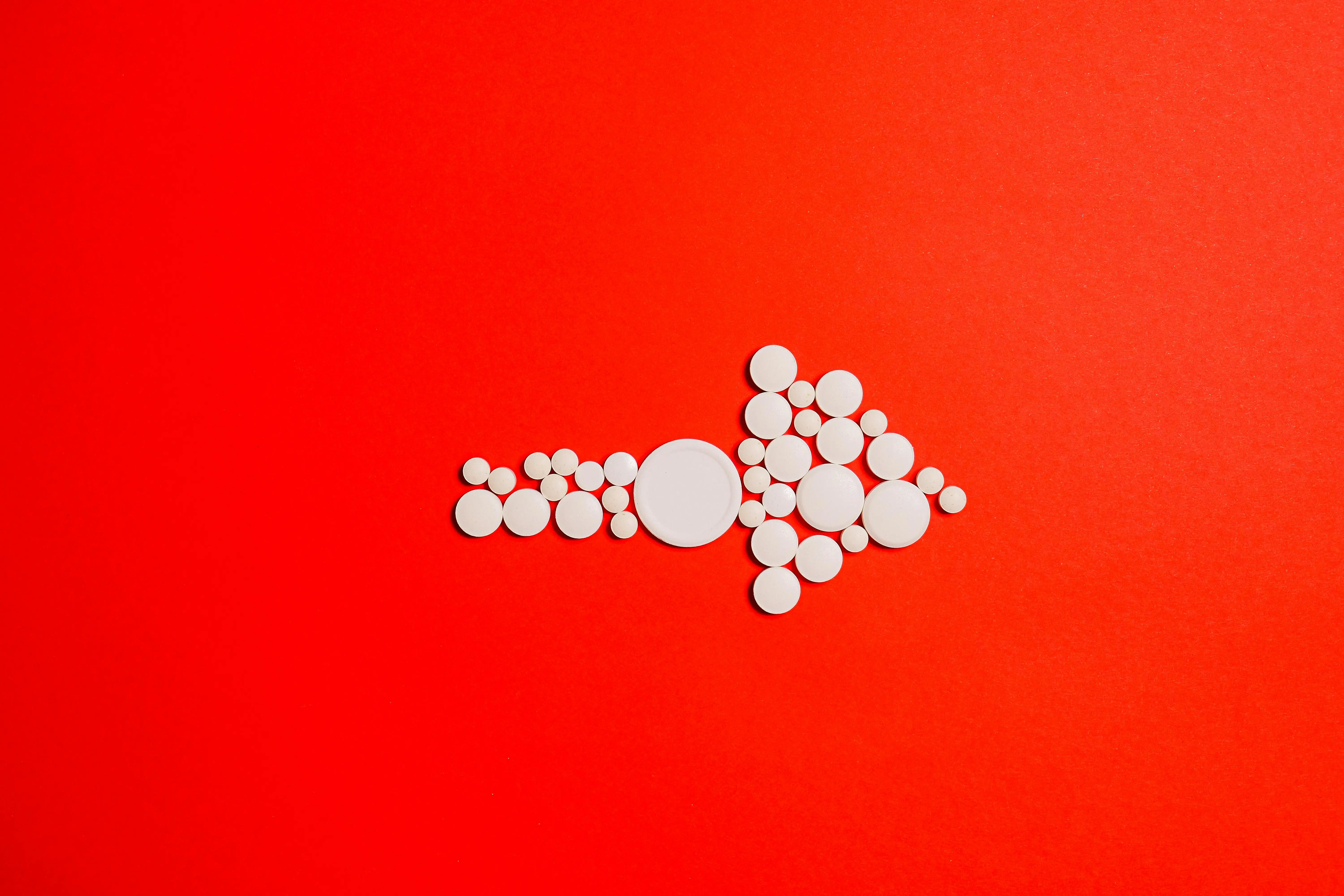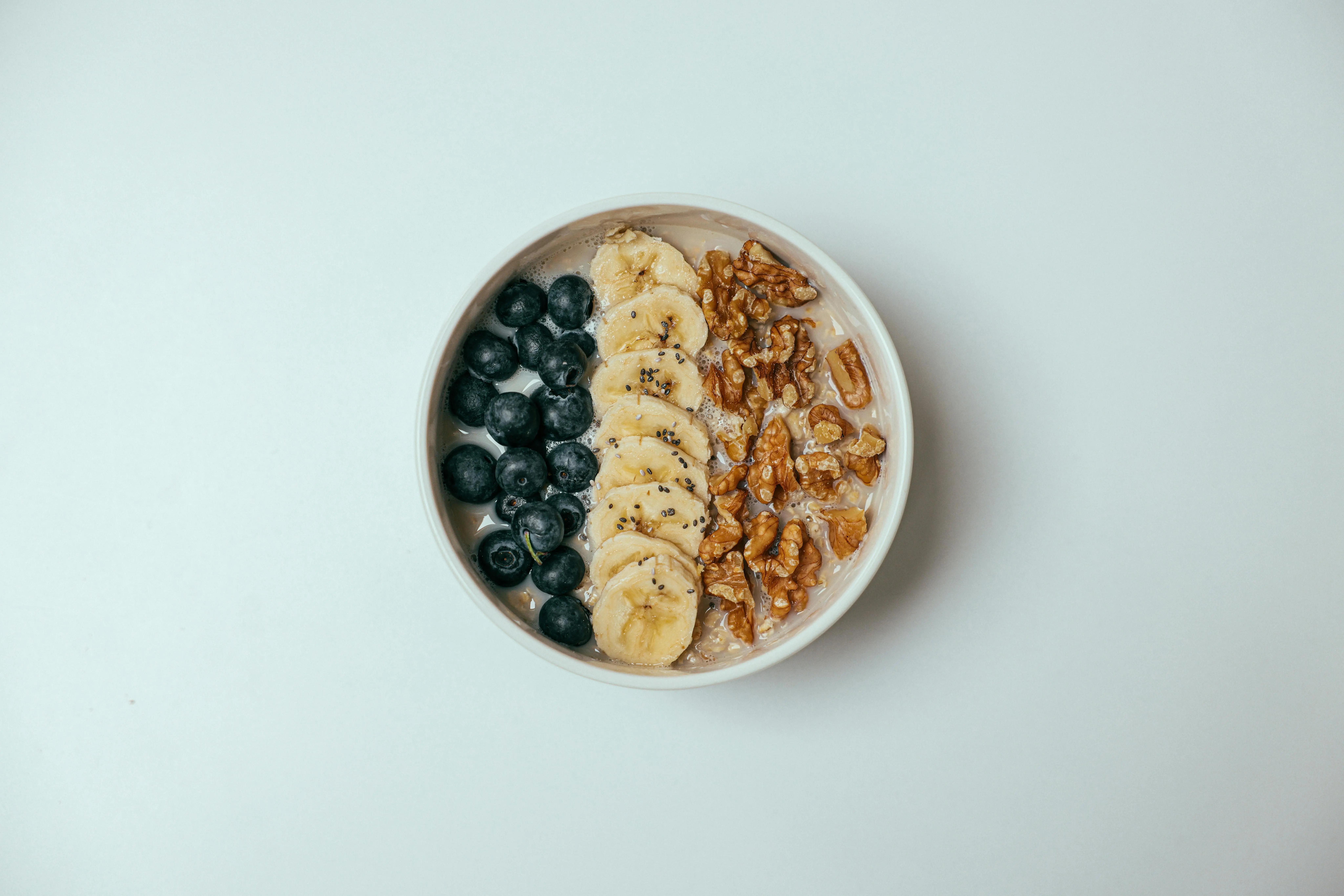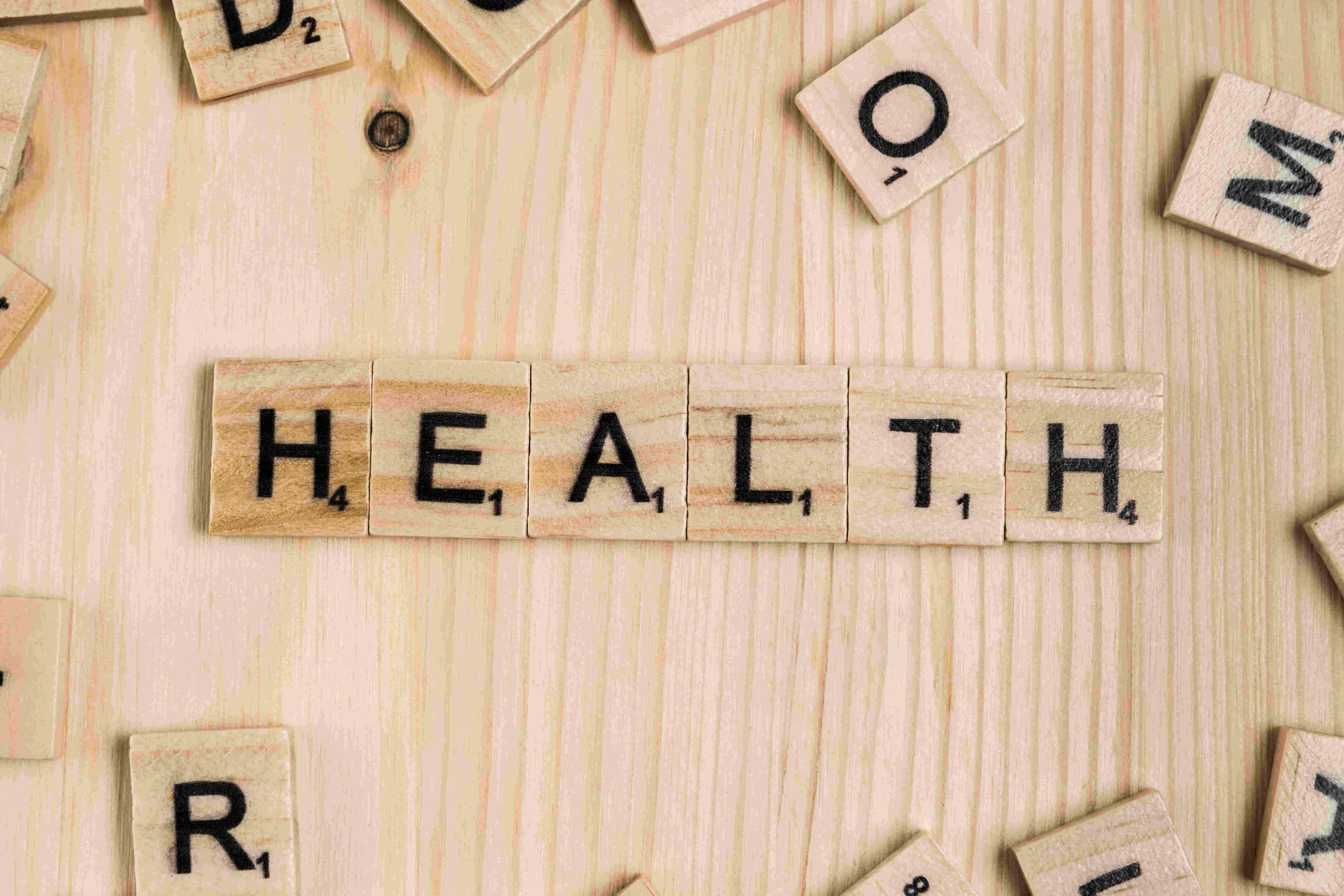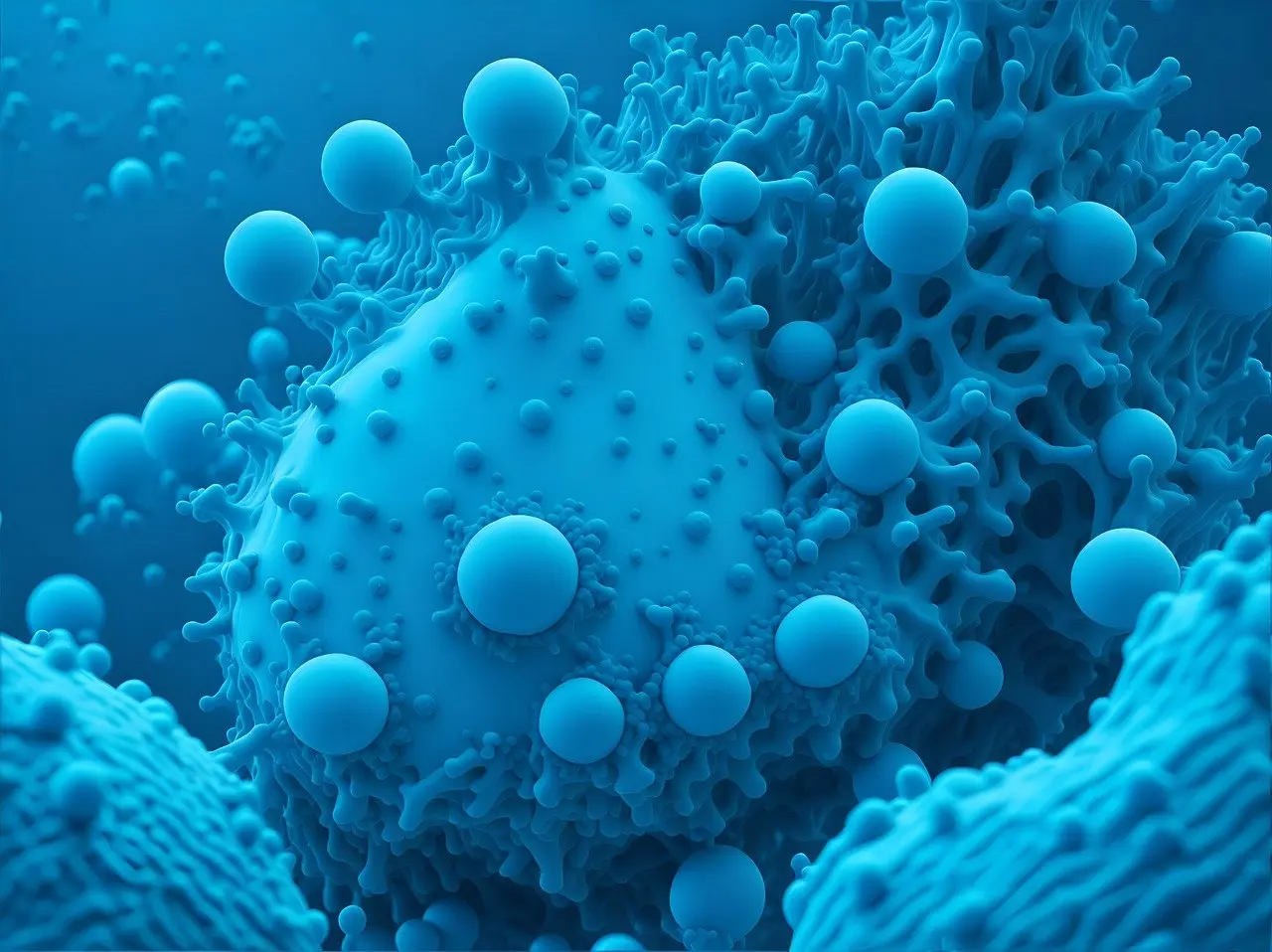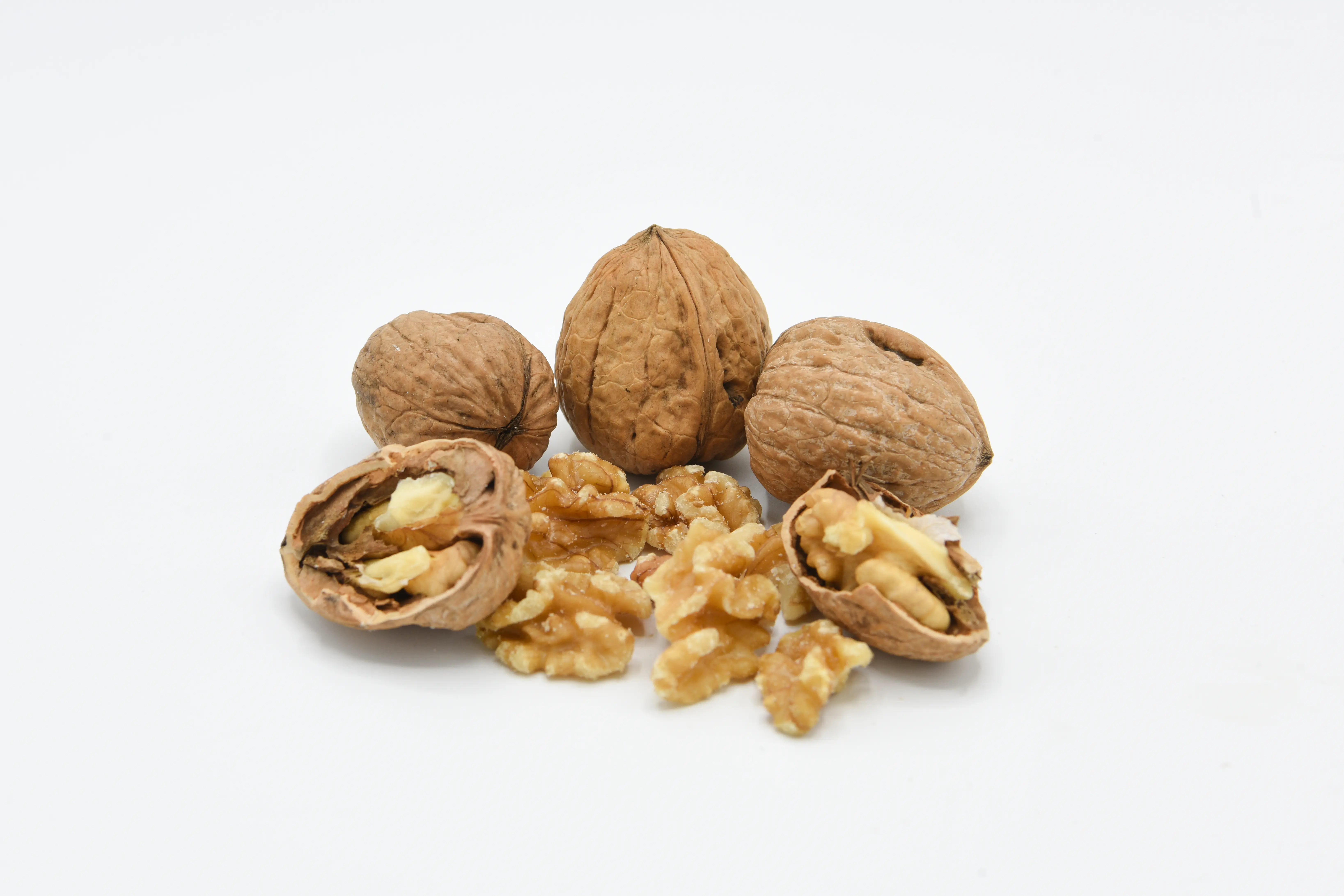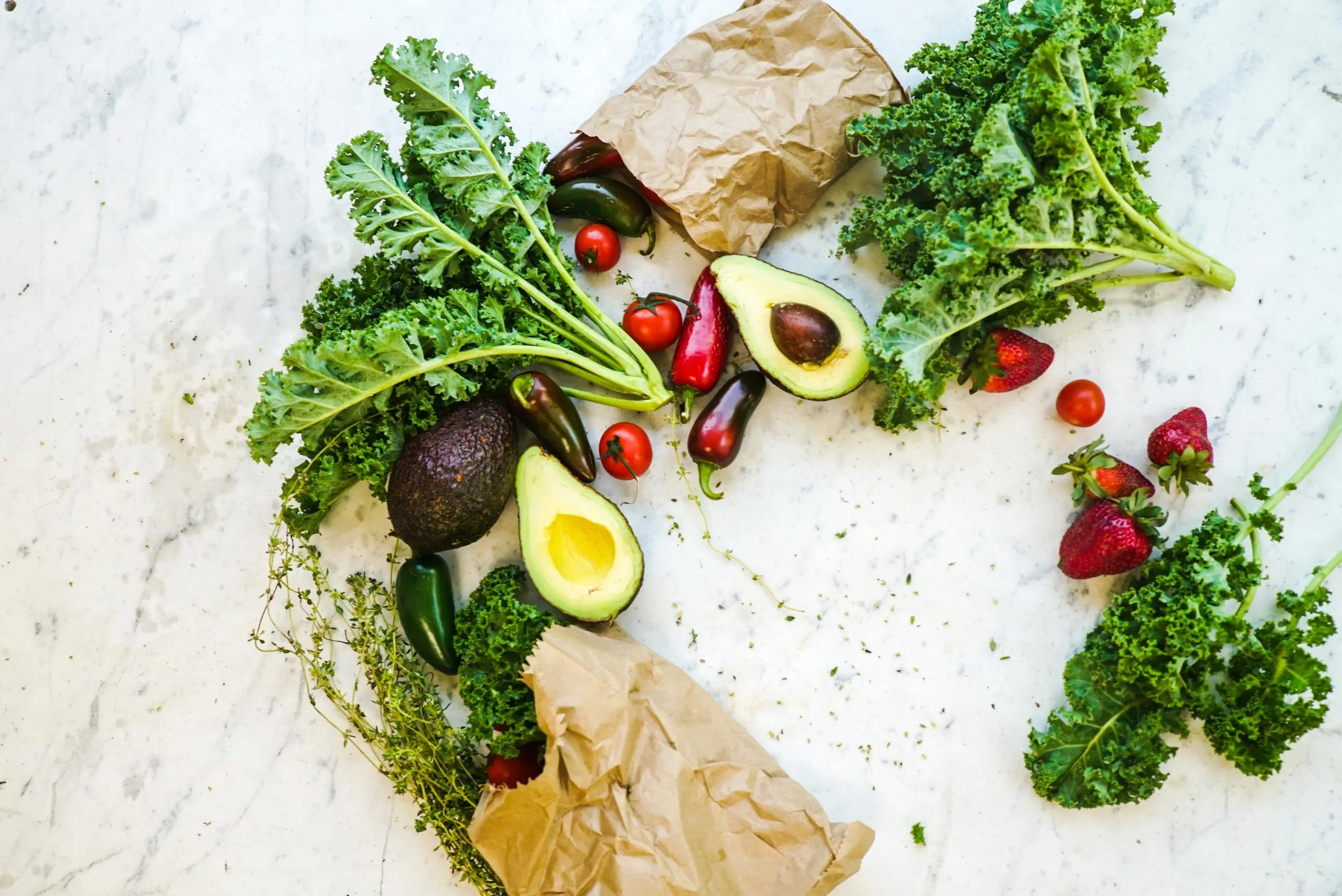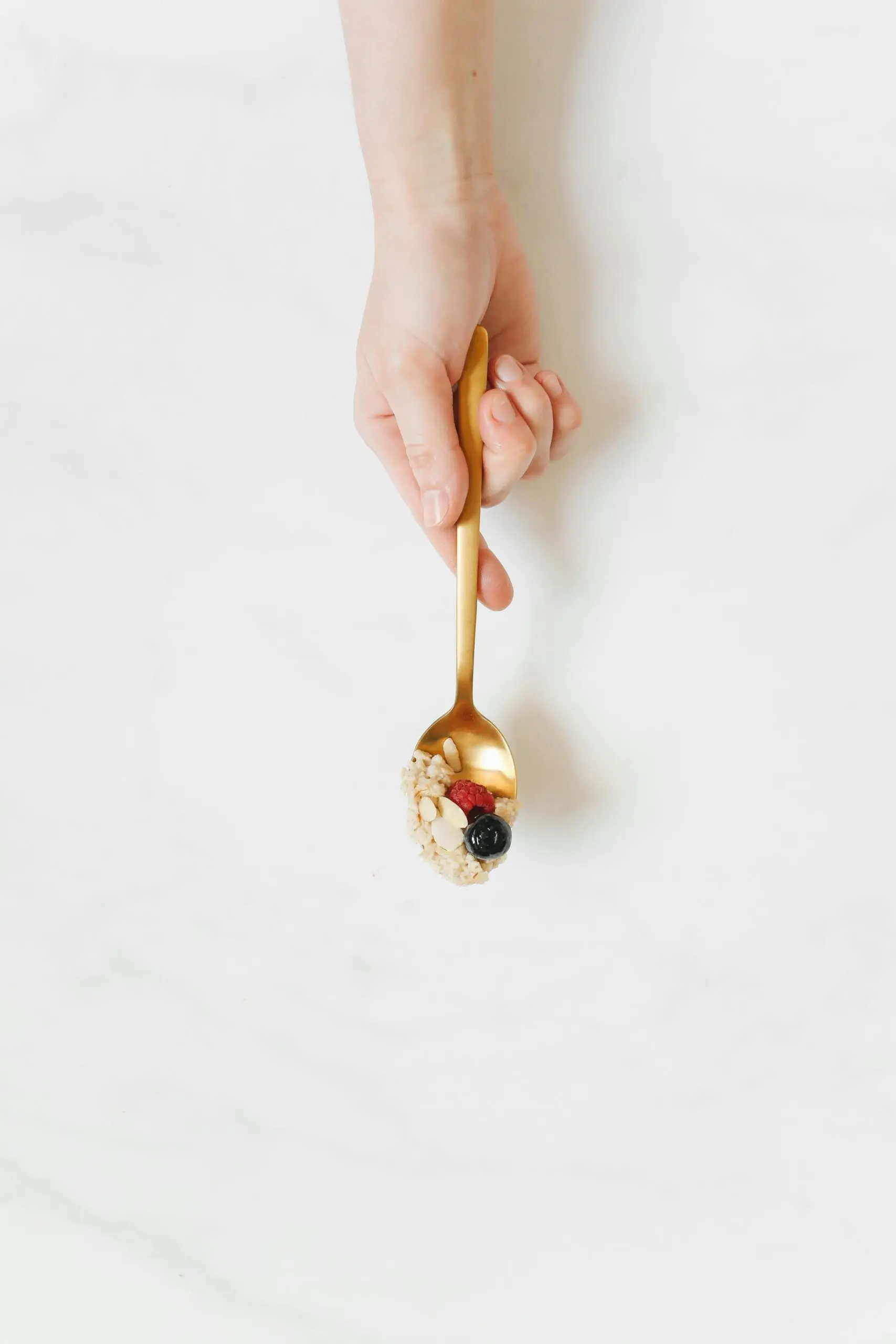She is one of the most sought-after experts on healthy nutrition: The physician Dr. Yael Adler. "Genially Nourished". She recently released her bestseller, in which she addresses nutrition myths, and explores in depth which foods and dietary habits keep us healthy and young from the inside. In the interview, Adler explains, for example, how "intelligent sugar" can support cancer therapies, why coffee is healthier than presumed, and how diet impacts the skin.
What is on your daily menu?
Predominantly plant-based foods, colorful and high in fiber, meaning lots of vegetables, legumes, nuts, seeds, fruits, as well as fermented foods. I also pay attention to my protein intake. Purely plant-based protein is not enough for my body; I occasionally need animal protein, so I very much like to eat cheese, cottage cheese, eggs, goat cheese, sometimes fish, and very rarely meat. I just don't like it that much. Additionally, I take food supplements: Vitamin D, omega-3 fatty acids, selenium, and iodine.
How do you start your day in the morning?
My favorite breakfast is low-fat quark with chia seeds, hemp seeds, linseeds, wheat germs, green pistachios, and a few walnuts. I dilute this with a soy drink, then mix in different berries. I also sprinkle cinnamon and glycine on top, an amino acid that is slightly sweet and good for collagen and the brain. Additionally, I have a glass of carrot juice with a drop of oil and two cups of matcha powder tea or ginger-mint tea. Of course, I drink coffee in the morning, probably about four to five cups throughout the day. That's a good thing too, as we'll clarify shortly.
They even recommend several cups of coffee a day, although coffee had long fallen into disrepute. Why?
The negative image of coffee is outdated. It is not only harmless, but also health-promoting, can protect against liver cancer or uterine cancer, and prevent type 2 diabetes, Parkinson's, and depression. Studies have found that one should optimally drink three to five cups a day. Coffee is rich in antioxidants; it contains over a thousand bioactive substances, including polyphenols, which have antioxidant and anti-inflammatory effects.
This protects the cells and blood vessels and affects the central nervous system. Coffee also stimulates digestion; it has prebiotic effects because it contains fiber. However, one must check which type of coffee particularly suits them. Those who cannot tolerate filter coffee because of the acids should switch to machine coffee.


